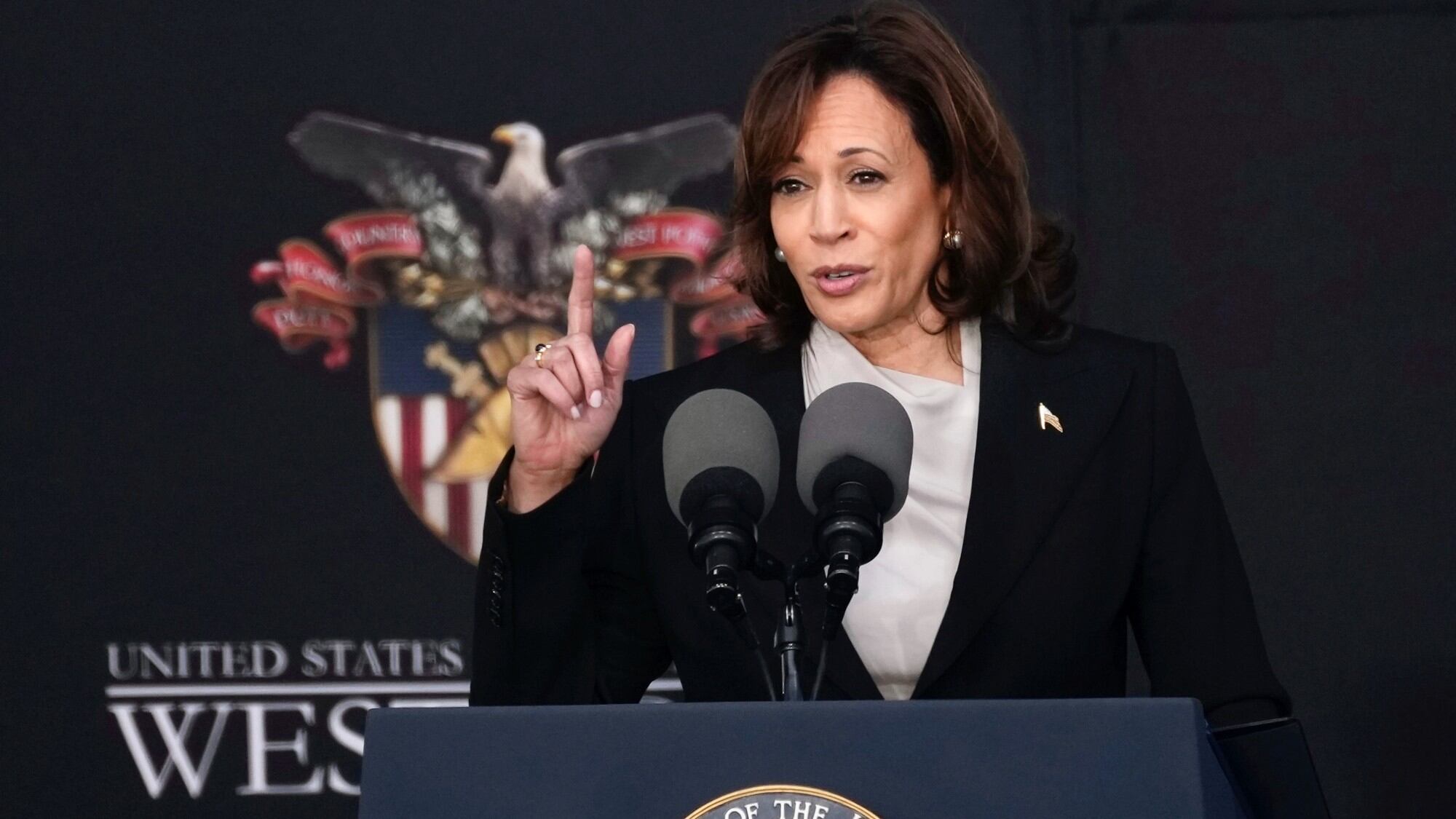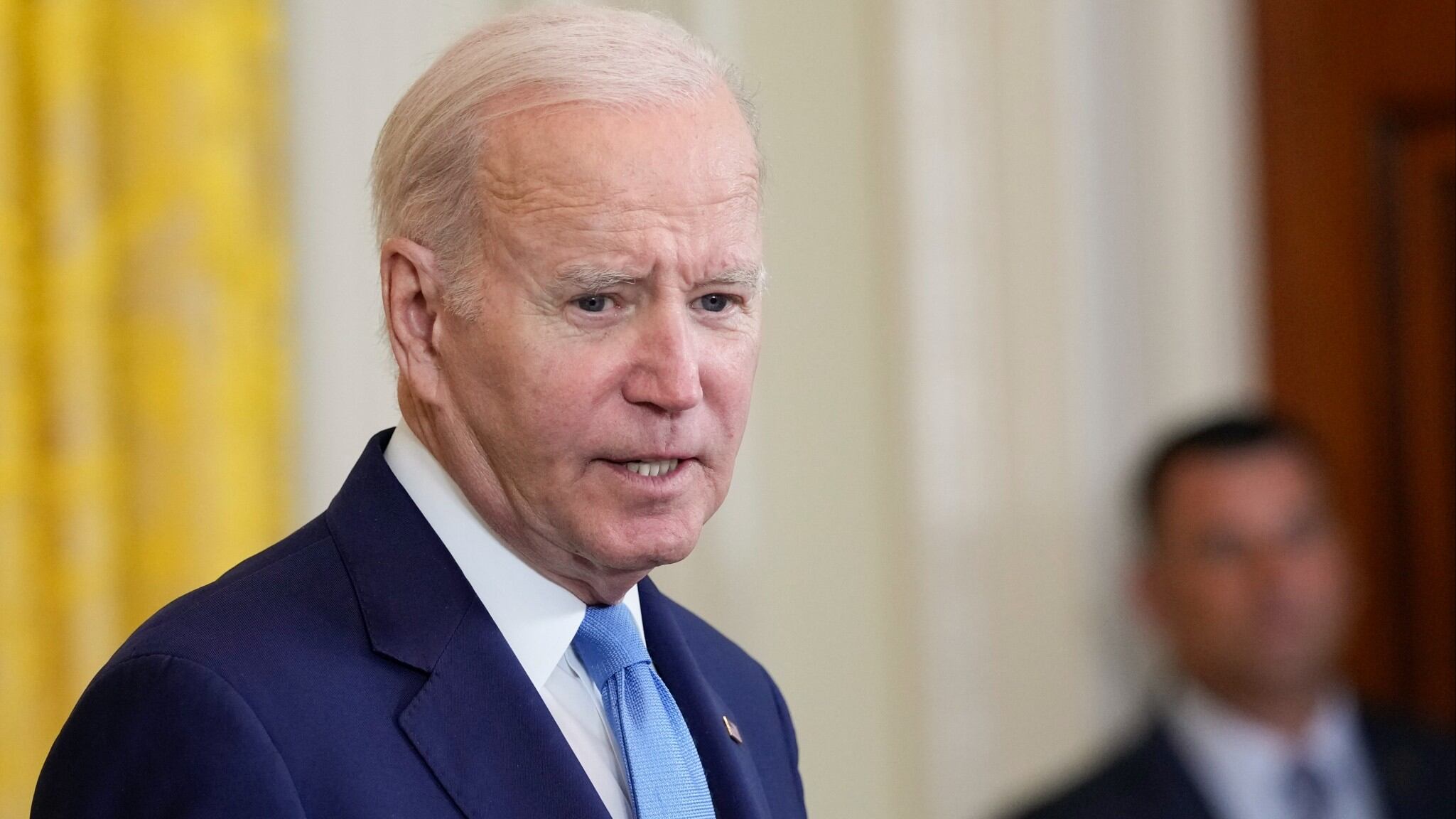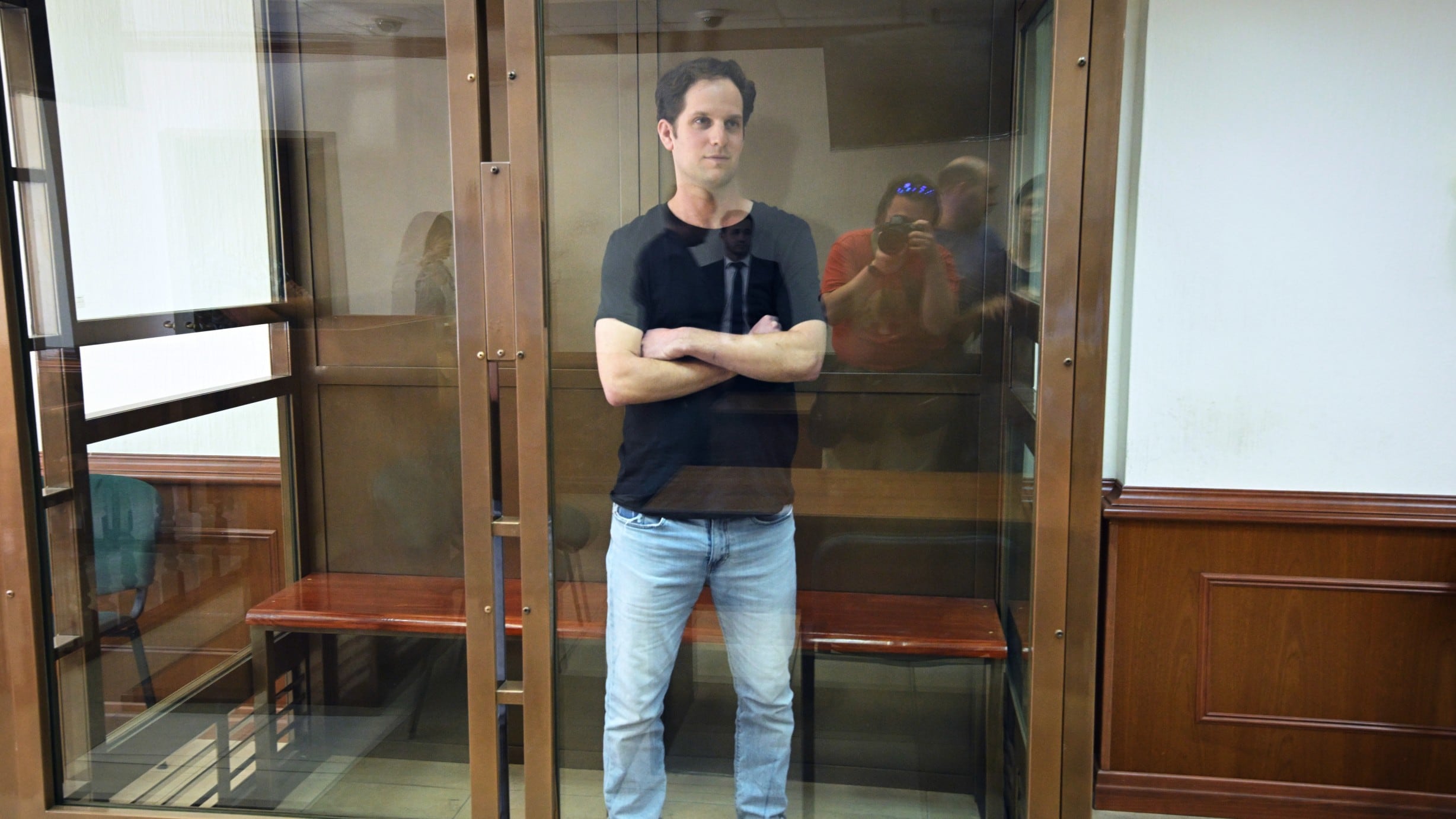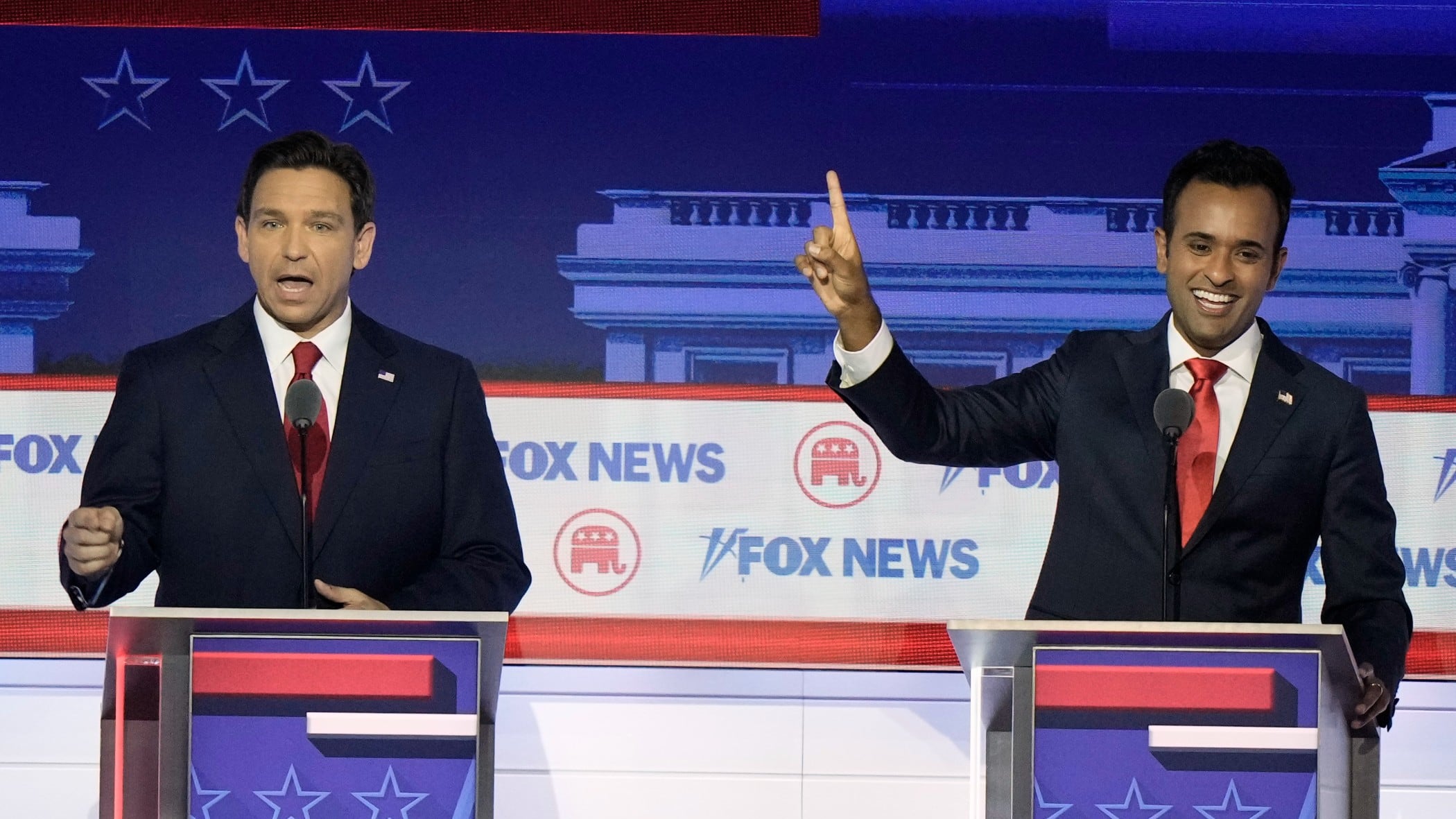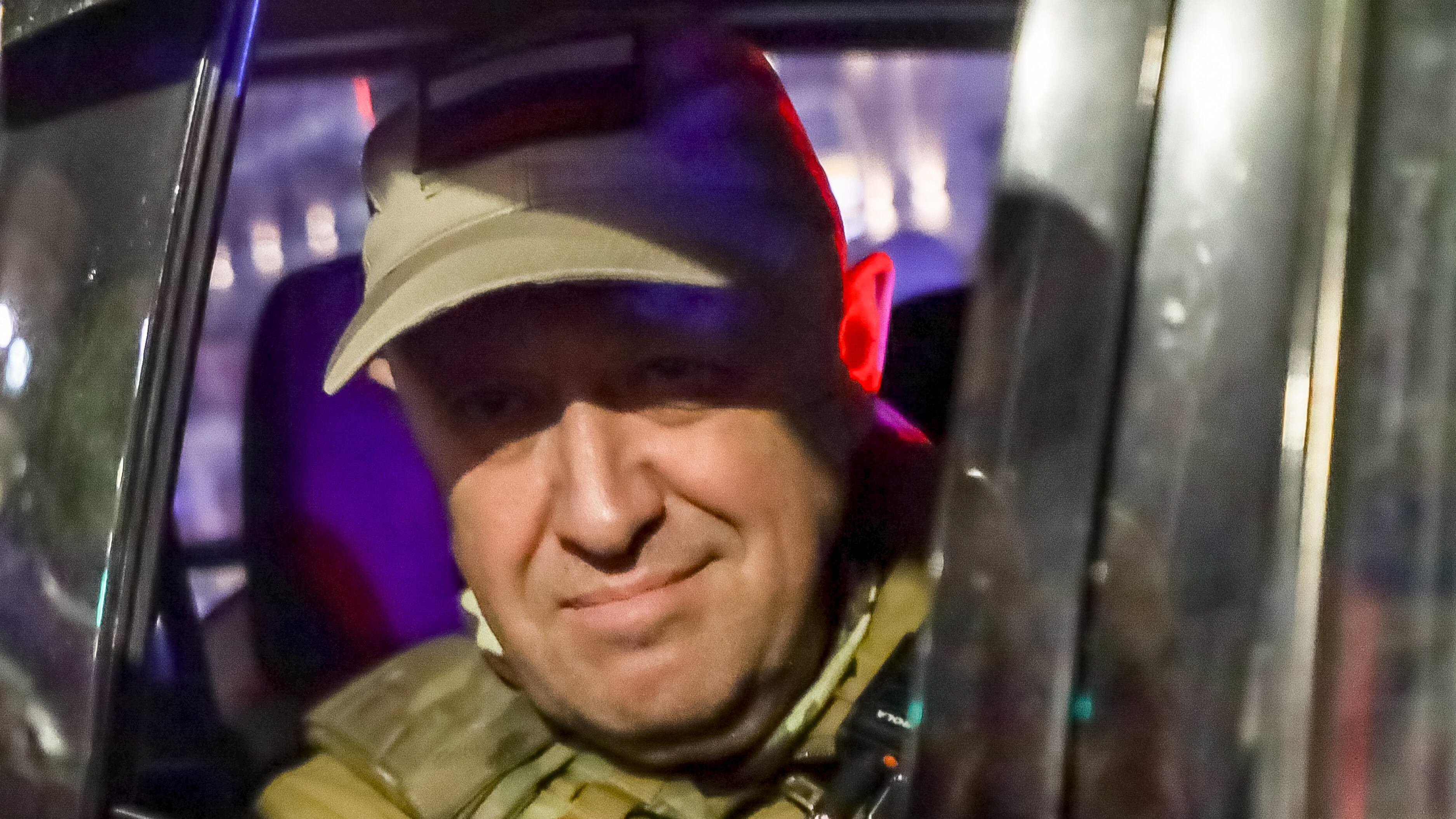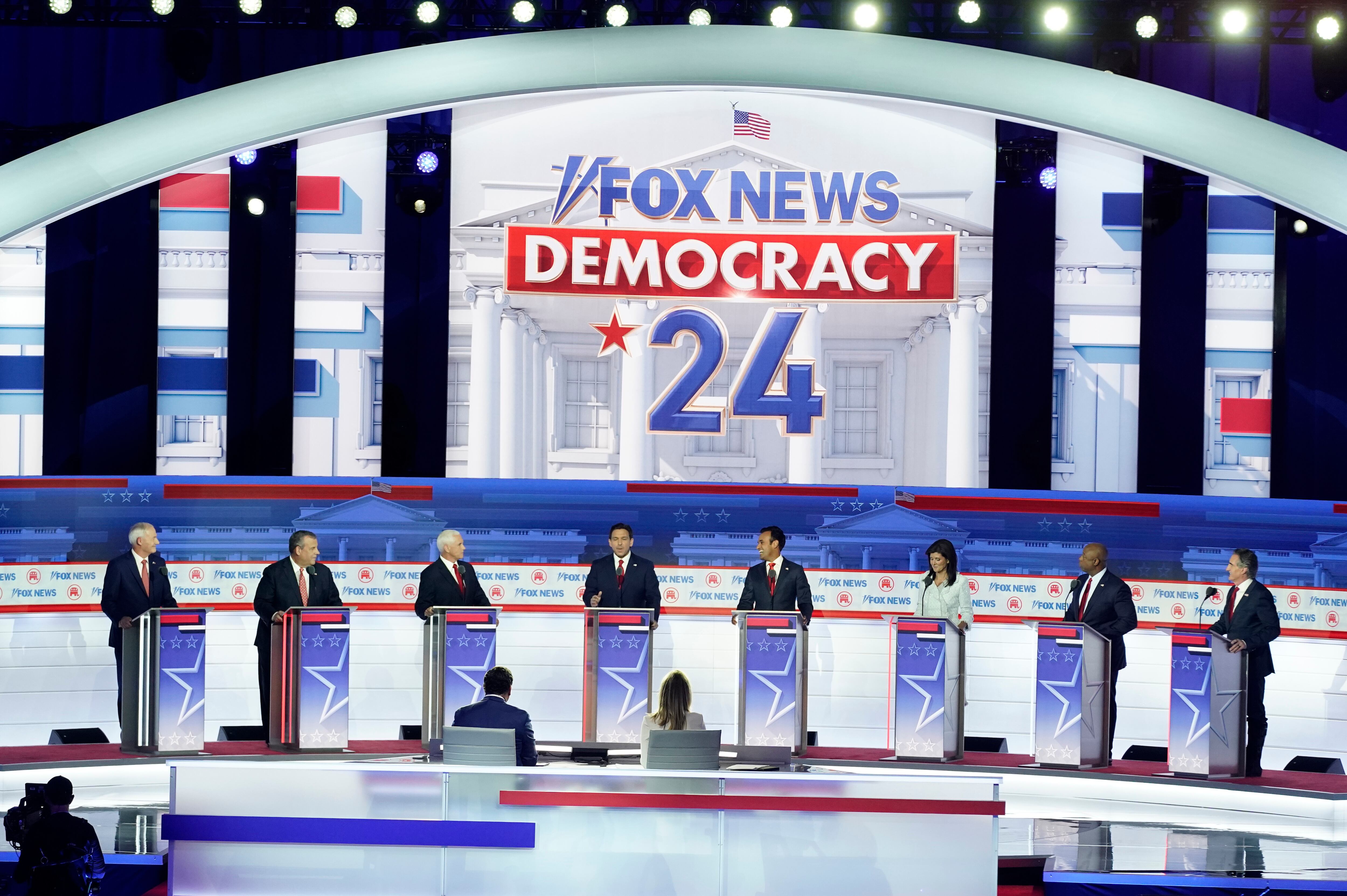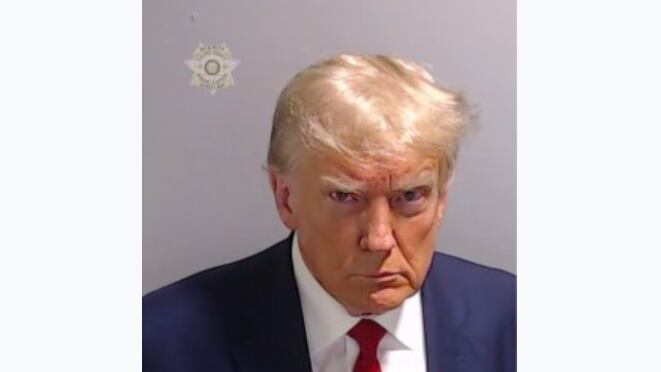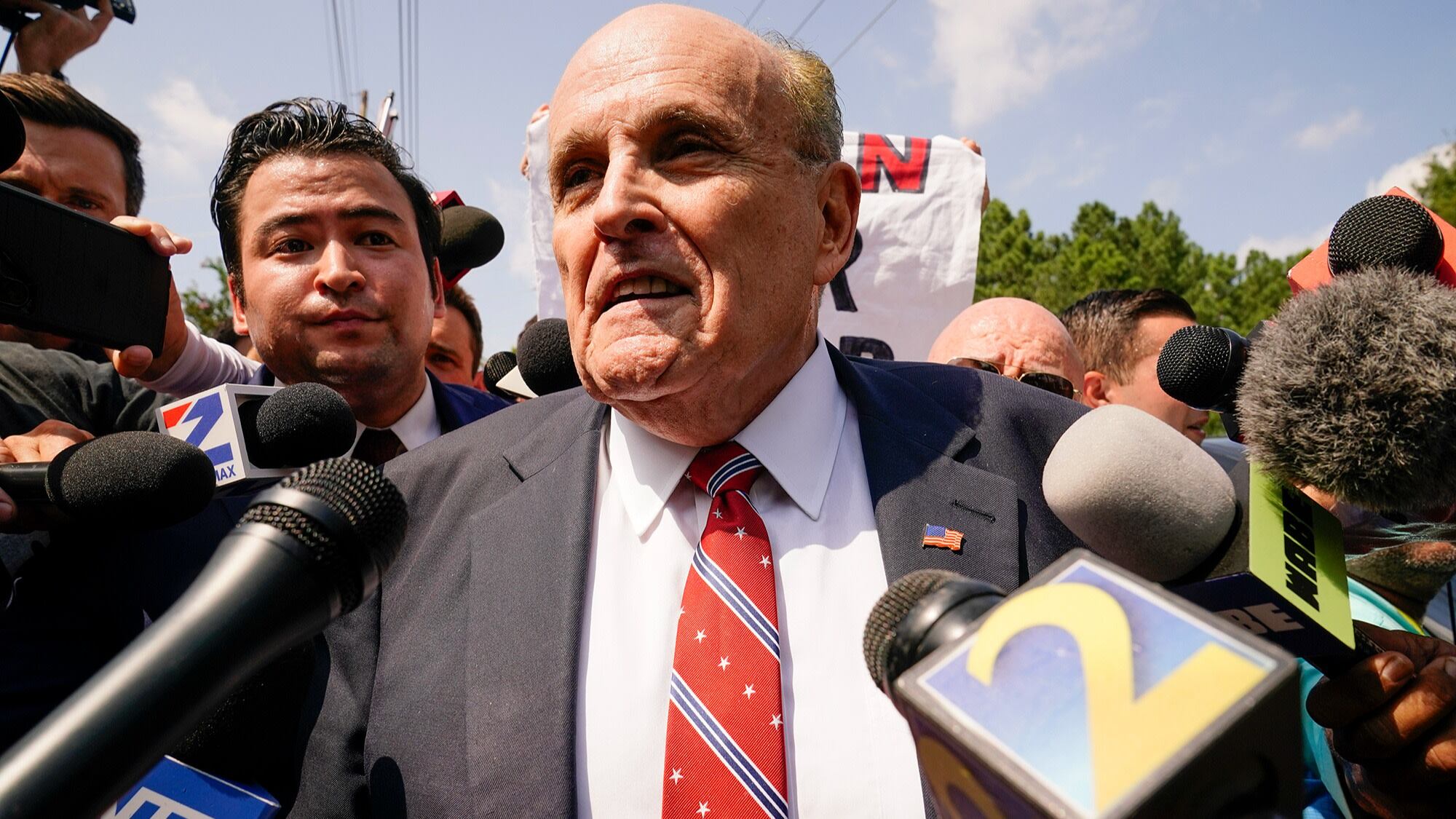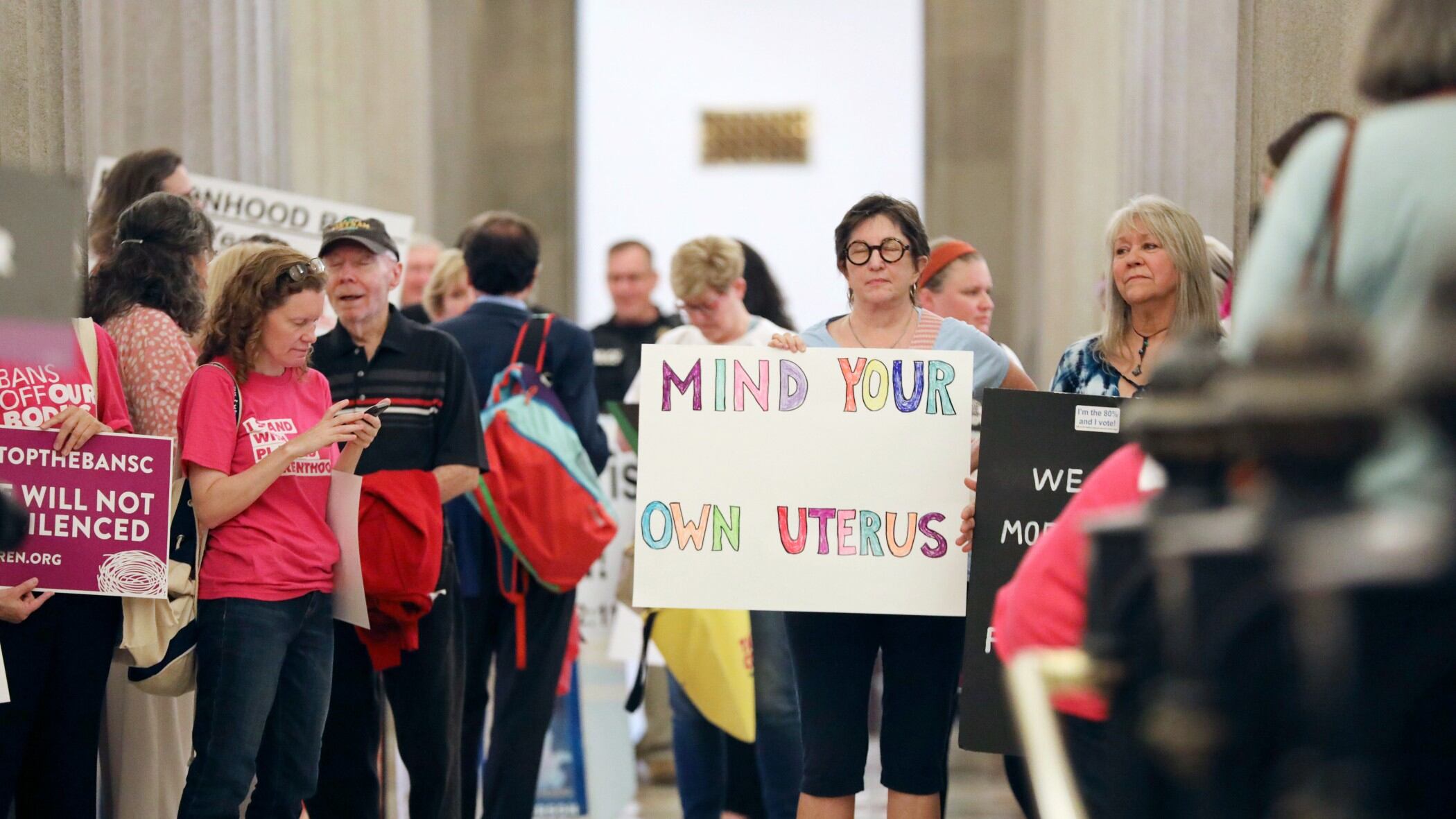President Trump reportedly ordered the firing of Robert Mueller over the summer but reversed course after the White House special counsel threatened to resign. That's according to a recent report in the New York Times. Fordham University Law Professor Jed Shugerman explains the potential legal ramifications of these revelations.
"This now becomes part of a longer timeline for Mueller," said Shugerman. "The statue that covers obstruction of justice depends upon proving that there was a corrupt intent. So the more events that show a corrupt intent the stronger the case would be."
Former White House Communication Director Anthony Scaramucci took to Twitter, tweeting "...@POTUS should be able to have a private conversation with WH Counsel without the content being leaked." Shugerman says presidents can have private conversations, but they cannot conspire to commit felonies.
Vice President Kamala Harris will visit Wisconsin to tout the Biden administration's broadband and affordable connectivity policies.
The Biden administration approved a $500 million weapons sale to Taiwan.
A pre-trial detention was extended for The Wall Street Journal journalist Evan Gershkovich until Nov. 30 by Moscow.
Eight Republican presidential candidates took to the stage on Wednesday in Milwaukee for the first Republican primary debate of the 2024 election season.
The bodies of Russian mercenary chief Yevgeny Prigozhin and some of his top lieutenants killed in a Russian jet crash on Wednesday were sent to a nearby facility for medical and forensic analysis, according to Russian media.
Political strategist Jonathan Harris breaks down the highlights from Wednesday's first Republican presidential primary debate and how Former President Donald Trump's absence affected the event.
A scowling Donald Trump posed for a mug shot Thursday as he surrendered inside a jail in Atlanta on charges that he illegally schemed to overturn the 2020 election in Georgia, creating a historic and humbling visual underscoring the former president's escalating legal troubles.
Ramaswamy has crept up in recent polls, leading to his position next to Florida Gov. Ron DeSantis at center stage. He quickly took advantage of the spotlight, attacking the other candidates as "super PAC puppets" and drawing them into tit-for-tats that gave him more air time.
The former New York City mayor, charged as former President Donald Trump's chief co-conspirator in a plot to subvert the 2020 election, is charged with Trump and 17 other people under Georgia’s Racketeer Influenced and Corrupt Organizations Act.
The 4-1 ruling Wednesday departs from the court's own decision earlier this year to strike down a similar law from 2021.
